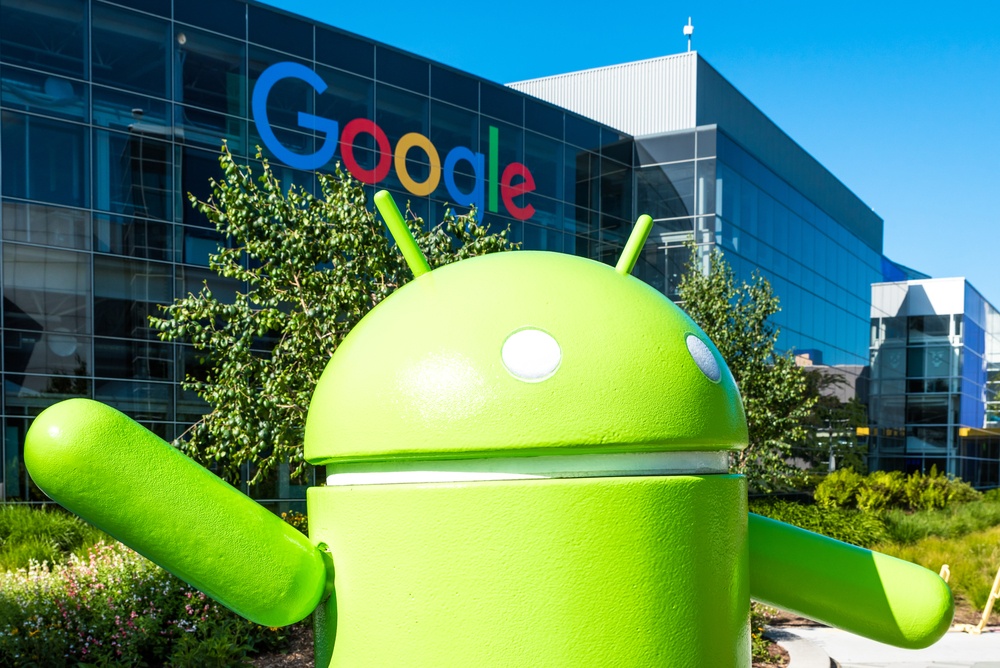Key Takeaways:
- New rules may let phones use multiple app stores, shaking Android’s model
- Advances in AI and hardware promise big changes for users
- Android’s fragmentation could grow, splitting its ecosystem
- Google must innovate while keeping Android’s core open nature
The Android future stands at a turning point. Regulators plan to let phone makers offer alternative app stores. At the same time, smart features driven by AI and new hardware designs arrive fast. Yet, Android’s many versions already cause confusion. Thus, experts warn that Android risks shifting from a flexible open-source project to a patchwork of fragments. If that happens, users may face broken apps and security gaps. For Google, the challenge is clear: adapt Android so it stays true to its roots and still meets new rules.
Regulations Open New App Stores
Soon, phone makers might install extra app stores alongside the main one. This change responds to concerns that Google’s rules limit competition. As a result, Android could become more open. However, it might also become less safe. Alternative stores may not check apps as closely. Consequently, some users could download harmful software by mistake. Moreover, developers may need extra time to support many stores. They will test apps for each store’s rules. Hence, the Android future could split into separate islands of apps.
AI and Hardware Drive Change
Meanwhile, AI features are growing more powerful on phones. Voice assistants will get smarter. Image tools will let you edit photos with a few taps. Also, new chip designs will boost speed while saving battery. As phone brains get faster, apps will do more tasks on-device. This shift protects user privacy and cuts lag. For example, real-time translation can work offline. Therefore, the Android future looks exciting on the feature side. Yet, mixing advanced AI with a fragmented app scene raises test and security challenges.
Fragmentation Threatens Unity
Android already runs on thousands of phone models from dozens of brands. Each maker adds its own tweaks. Thus, some phones lag when they get updates. Others never see the latest version. As more stores and features appear, this gap may widen. Developers could struggle to make apps that work everywhere. In addition, users might face broken functions on certain models. Fragmentation also slows security fixes. Hackers can exploit older versions. Therefore, the Android future risks greater complexity and risk if Google does not set strong standards.
Challenges Facing the Android Future
Android must balance openness with safety. If Google loosens control too much, the ecosystem may splinter. On the other hand, too much lock-down could kill innovation. As regulators press for change, Google needs a clear plan. It must define strict rules for any app store. It should also provide unified testing tools for new AI features. Moreover, Google must speed up security patches across all versions. By doing so, it can protect users and help developers at once. This path preserves Android’s open nature while facing fresh challenges head-on.
Google’s Path Forward
To secure the Android future, Google can take several steps. First, it should certify any app store that meets its privacy and security rules. That way, users and developers know which stores they can trust. Second, Google can create a single toolkit for AI and hardware features. This kit would help makers and coders build apps that run smoothly on any Android device. Third, Google should push for faster updates through a simpler upgrade process. In turn, phones will stay safer and more consistent. Finally, clear communication with regulators and makers is essential. By working together, they can shape a strong Android that stays true to its open origins.
Looking Ahead
The Android future holds great promise and real risks. New app stores and AI-driven tools can make your phone smarter and more flexible. Yet fragmentation and security gaps may grow if Google, regulators, and makers do not coordinate. Ultimately, the goal is a balanced ecosystem that mixes freedom with safety. If Google finds the right mix, Android can thrive for years to come. Otherwise, the open-source dream may fracture into competing pieces, leaving users and developers to pick up the scraps.
Frequently Asked Questions
How will multiple app stores affect my phone security?
Having more app stores could expose users to unsafe apps if those stores do not enforce strong checks. Users should download only from stores certified by Google or trusted makers.
Why does AI matter for Android’s future?
AI features will let apps run advanced tasks—like real-time translation or photo editing—directly on your phone. This makes your device faster and more private, but also harder to test across many versions.
What is Android fragmentation?
Fragmentation refers to the many Android versions and phone models that receive updates at different times. This can cause app compatibility issues and leave some devices without important security patches.
Can Google keep Android open and secure?
Yes. By setting clear security standards for all app stores, offering unified AI toolkits, and speeding up updates, Google can protect users while preserving Android’s open nature.

